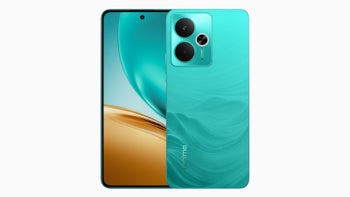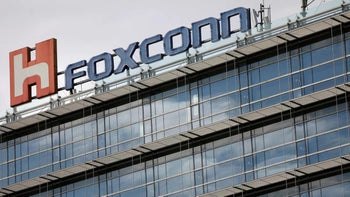Verizon's surprise plunge in Q1 postpaid phone subscribers connected to weak US iPhone sales

Data from Verizon shows that demand for the iPhone has been fading fast in the US. Considering that 70% of US-sold iPhone units are purchased from carriers, this information does not bode well for Apple. The sharp drop of 289,000 postpaid phone subscribers at Verizon during Q1 could result in lower demand for new iPhone handsets in the United States. Besides the ugly raw data released by Verizon, the wireless provider's 2.8% postpaid up-grade rate during the January through March period was the lowest in years.
While Verizon did note that sales have rebounded this month, there remains a discouraging trend in the US toward lower smartphone sales. This trend also includes iPhone sales specifically. Analysts at securities firm UBS made a point of connecting Verizon's poor Q1 postpaid phone numbers with a more moderate level of demand for smartphones in the country.
"The weak upgrade results and nearly stagnant equipment revenues suggest that the smartphone market in the U.S. remains slow, which could impact Apple's sales, which heavily depend on this market"
-David Vogt, UBS analyst
Verizon's Q1 results also showed a small .7% increase in wireless equipment revenue to $5.398 billion dollars which topped expectations. The data does dovetail with the drop in stateside smartphone demand. Verizon also noted that the chaos of the tariff fiasco didn't lead Verizon subscribers to run out and buy new iPhones before the additional import tax imposed on imports from China would take effect. The wireless provider said that it did not see any huge impact on its revenue from such iPhone purchases. Additional iPhone units shipped to Verizon ended up in the carrier's inventory rather than subscribers' hands.
The tariff situation as it impacts U.S. smartphone prices is still up in the air. Currently, tariffs on certain electronics imported into the US including smartphones have been halted. However, US President Donald Trump has mentioned the possibility of imposing tariffs on semiconductors which would certainly include smartphones shipped to the United States. All three major US wireless providers have made it known that they will not eat the higher import taxes on new smartphones.
As a result, this means that customers of the trio could be seeing price hikes when purchasing new phones, tablets, smartwatches, and other wireless gear. The big question is whether President Trump continues to use the tariffs as a form of retribution for what he sees as past transgressions, real or imagined, made by America's trading partners against the US.










Things that are NOT allowed: